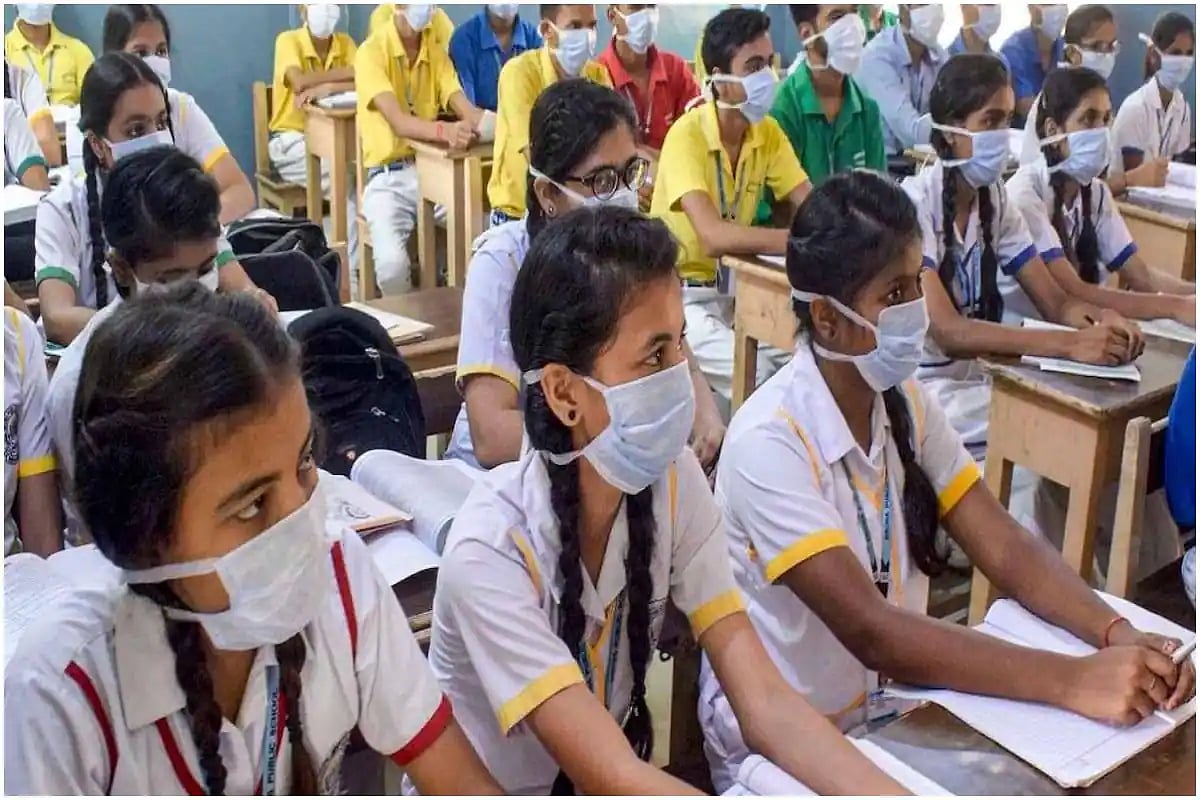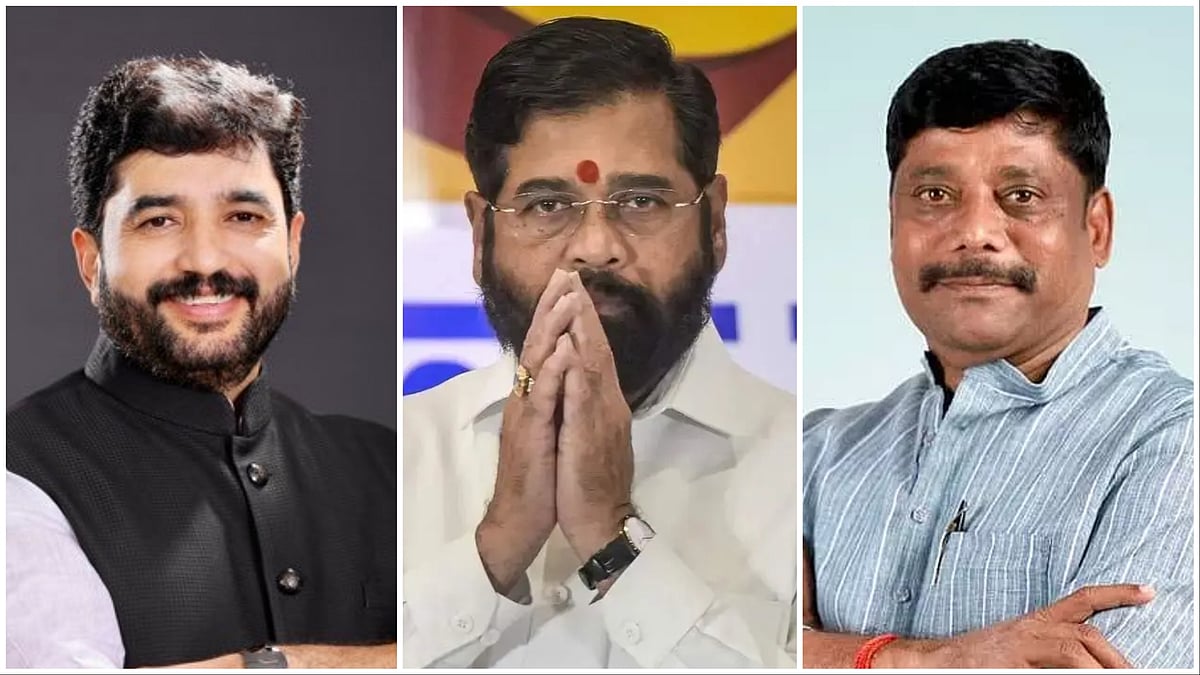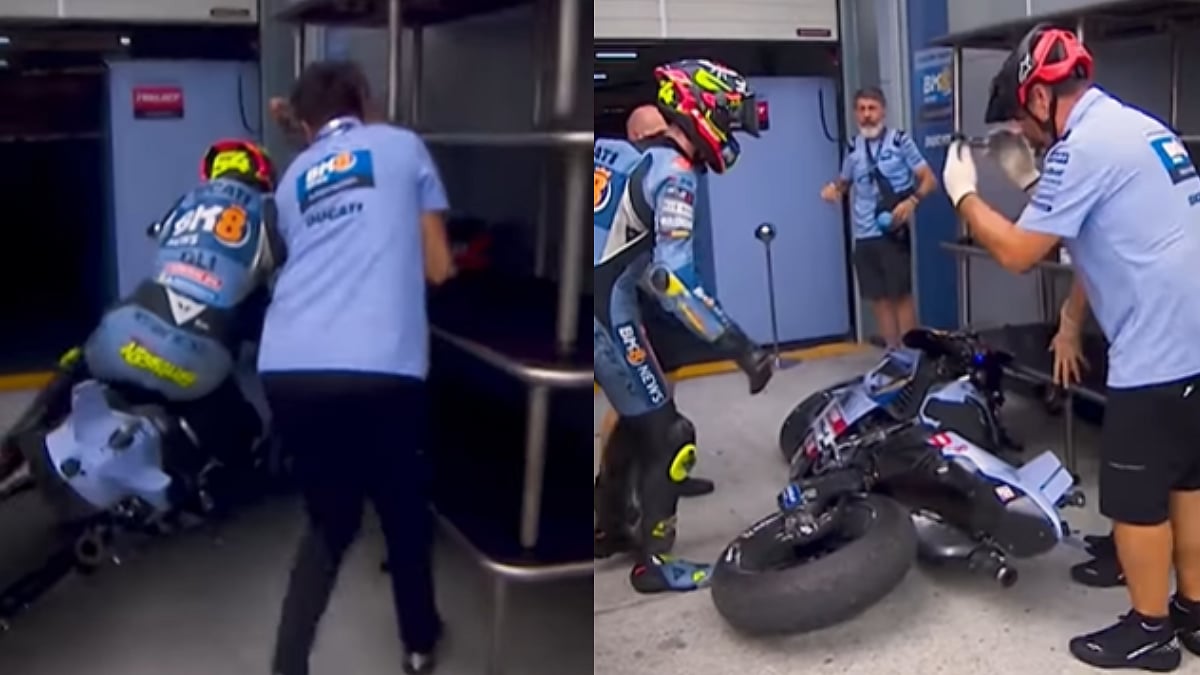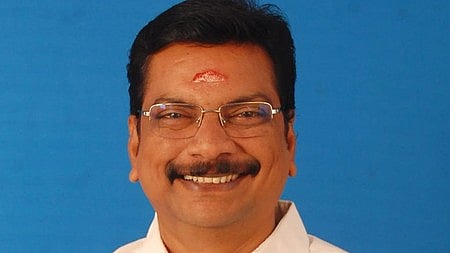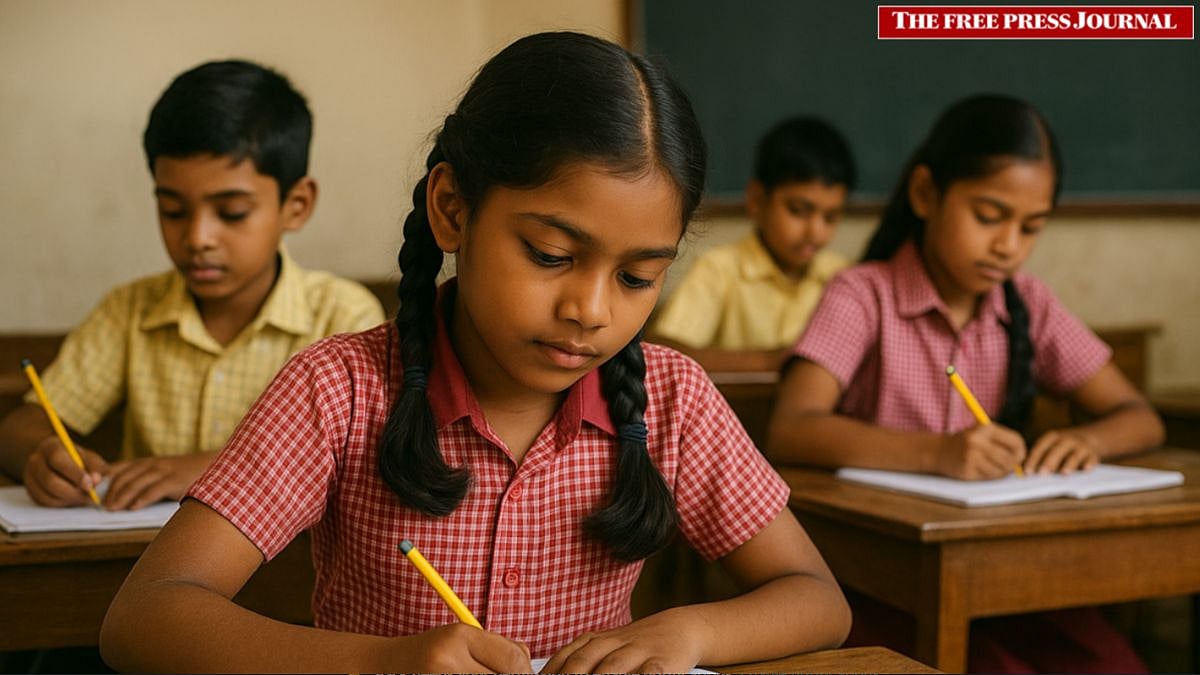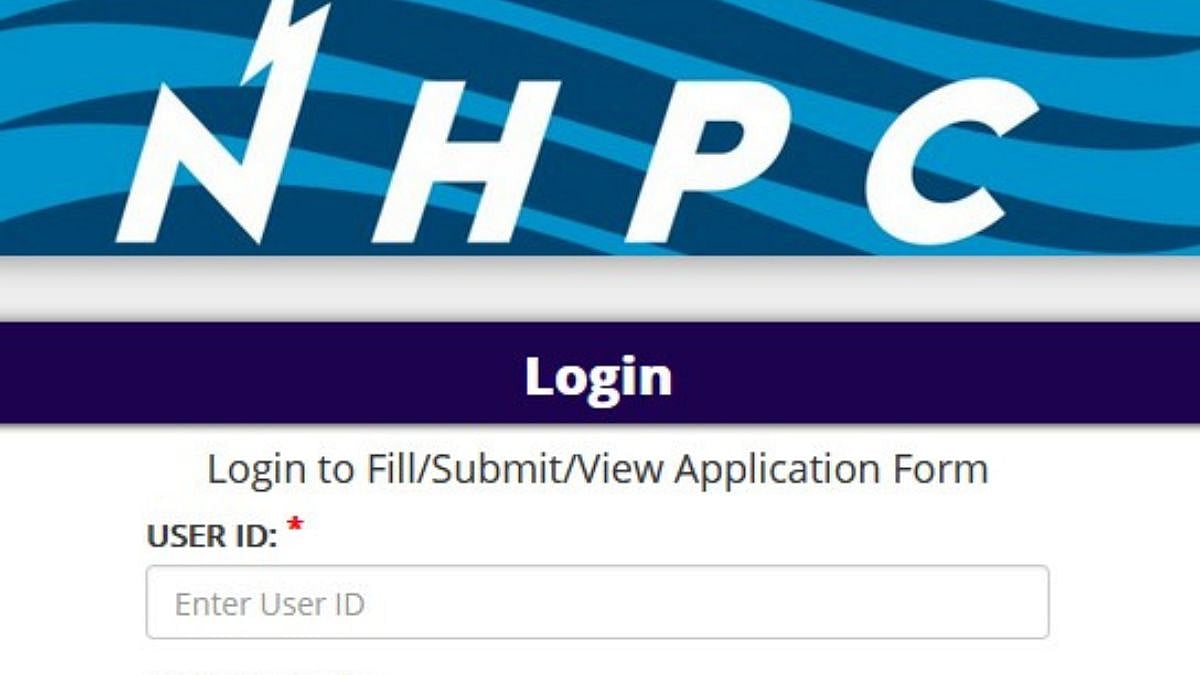In 2020, schools in India were the first institutions that the government shut. Teachers and students from private schools migrated to virtual teaching and learning. However, those dependent on government schools had to suffer.
The Centre announced that all State Boards would reduce their syllabus and relax examination guidelines to ease the pressure. But all stakeholders were aware that this would only be a temporary solution to a long-term problem.
Stakeholders associated with private schools met their academic goals effectively through virtual modes, so the Centre and the State encouraged their government school teachers to provide educational material to the students through online platforms like WhatsApp.
The realization of the gap between the education of students in private and public schools, the government pushed students to switch to learning via computers, smartphones and the internet. However, not all government school students could access these tools.
By January 2021, almost every State government in India had allowed the conduction of physical classes in schools for students in classes 9th and above with necessary precautions. But the offline learning was short-lived as the Delta variant resulted in another nationwide discontinuation of physical classes in April 2021.
Again, the teachers and students who had access to devices and the internet could go back to virtual teaching and learning. But their less fortunate counterparts had to, once again, be cut off from education till India reopened schools after the second wave.
After a brief period of resumption of offline classes, the Omicron variant of COVID-19 surfaced in African countries. In December 2021, most schools were on a break because of their annual year-end holidays or winter breaks. Soon after, a fresh surge in COVID-19 cases across India emerged. In response, most state governments ordered schools to be shut for students till grade 5. Some state governments imposed such curbs on students till grade 8, and some even declared a complete shutdown for all students, even those in grades 10 and above.
Students went back to virtual learning for the third time, leaving those without resources disconnected from education once again. On January 3 2022, the Centre seemed determined to put an end to COVID-19 and initiated the vaccination drive for teenagers between the ages of 15 and 18. This age bracket covers students between grades 9 and 12.
As of January 5 2022, State governments across the country had successfully administered the first dose of the vaccine to 1.18 crore students from an estimated 7.4 crore students in this category.
The government is attempting to strengthen the education sector against any future COVID-19 outbreaks. Now that the government has begun vaccinating Indian students in the age bracket of 15 and 18, younger students are likely to receive the vaccine doses before the academic year 2022-23. Additionally, state governments announced free or subsidized devices and internet connectivity to students from government schools, targetting those in grades 9 to 12. The Centre is building a storehouse of educational content in various regional languages for government school students.
The Omicron variant has showcased milder symptoms in its hosts but spreads faster among people as compared to the previous strains of covid-19. Thus, the third wave of the pandemic was expected to last a lot longer and spread a lot wider than the previous strains. Even though the government had begun vaccinating students rapidly, the schools were closed for physical lectures until mid-February 2022.
Schools and colleges have now resumed in full capacity but are continuing to build their online infrastructure in case of new variants.
Besides Omicron, news of new variants emerging in different parts of the world can cast a shadow over the planning of the upcoming academic year. This academic year and even the upcoming one are unpredictable because of the covid-19 pandemic and its restrictions.
Our organization has been closely involved in creating vernacular edtech solutions for government school students for the past six years. I am confident that structural reforms by the government will usher in an era of technology-enabled blended learning for government schools. It will, in turn, exponentially improve the quality of education provided to their students, thereby enabling future generations of this country to contribute to India's growth in a much bigger way than ever before. Moreover, the new budget role has provided edtech companies with more incentives by allocating more budget to the education industry and putting emphasis on building a strong virtual infrastructure.
(Lehar Tawde is the Co-Founder of ConnectEd Technologies, edtech social enterprise)
